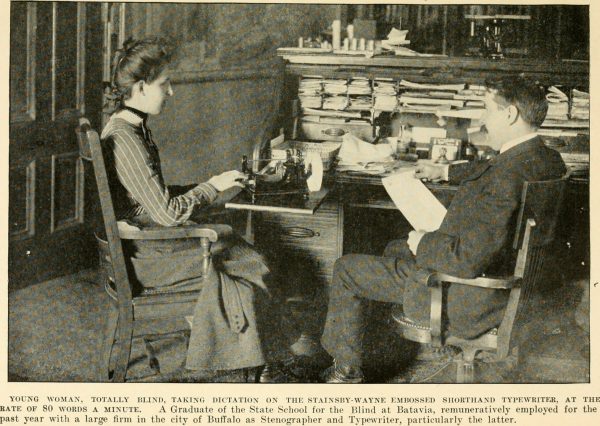Author Archive

WHAT’S NEW IN 2024
EXPANDED PAID SICK LEAVE REQUIREMENTS
California Employers Must Now Provide 40 hours or Five Days of Sick Pay
The Healthy Workplaces, Healthy Families Act of 2014 (Act) requires most California employers, regardless of size, to provide paid sick leave benefits to any temporary, part-time, and full-time employee.

HANDBOOK HELPER EPISODE 39
FIRST RESPONDER JOB SECURITY
Emergency Service Volunteer Leave Policies
California employers must provide protected leave to employees requiring time off to perform these volunteer civil services

ASSESSING CRIMINAL RECORDS IN HIRING
New Regulations in Effect October 1, 2023
Last week’s blog, Helping Criminals Back Into Society, warned employers with five or more on payroll to steer clear of California Fair Chance Act (Act) hiring practice violations.
Effective October 1, 2023, the state Civil Rights Department (CRD) has issued revised regulations on the Act’s requirements. Among other things, the revisions direct individual assessment for each applicant with a criminal history disclosed or discovered ● by a post-hiring offer background check, ● during an employee’s move to a new post, or ● on change in the business’s ownership or management.

HANDBOOK HELPER EPISODE 38
BEREAVEMENT LEAVE POLICY
As of January 1, 2023, California employers of five or more on payroll must provide up to five days of consecutive or non-consecutive unpaid bereavement leave to eligible full-time or part-time employees upon the death of a “qualified family member” (e.g., spouse, child, parent, sibling, grandparent, grandchild, domestic partner, or parent-in law), which must be taken within three months of the death.

HANDBOOK HELPER EPISODE 37
ALCOHOL AND DRUG REHABILITATION PROGRAMS POLICY
Although current illegal drug use is not protected under California or federal law, employers with 25 or more on payroll must reasonably accommodate eligible employees who wish to enter an alcohol or drug rehabilitation program. See, California Labor Code sections 1025-1028.

THE ROAD TAKEN
Fellow Travelers on Humanity’s Highway
Tuesday, July 18 dawns and we venture forth, 7:00-ish, on the only road to town.

VISION PROVISION
EEOC Workplace Guidance to Accommodate the Visually Impaired
The Equal Opportunity Employment Commission (EEOC) is issuing a series of guidances, each an extensive manual on addressing a particular workplace disability. The latest is Visual Disabilities in the Workplace and the Americans with Disabilities Act.

LIBERIAN RAIN
A West African Chronicle July 15-30, 2023
It is now 2:00 a.m. on a Monday (July 17), Jay and I splashing over the rain-cratered Robertsfield – Monrovia highway. It has been a 30-plus hour procession of vans, mega-baggage hauling, security gauntlets, late and missed flights, hasty plan Bs, gate waiting, blessed aisle seats, and at last back to ground, headed west. Out there in the full blackness are the small settlements, the stick-and-thatch, dirt floor dwellings hopefully holding off the deluge.

RELIGIOUS RULING FAVORS EMPLOYEES
Supreme Court Requires Accommodation Unless Substantial Cost Burden
Civil rights laws protect employees from discrimination based on various classifications, including religion. Employers must provide religious accommodations unless doing so would create an “undue hardship.” Such accommodation could include such things as time off for religious observance, not working on the particular sabbath, or exceptions to dress requirements.

HANDBOOK HELPER EPISODE 36
ORGAN AND BONE MARROW DONOR PAID LEAVE POLICY
California employers with 15 or more on payroll must provide eligible employees with up to 30 business days of paid leave — and an additional 30 business days of unpaid leave — for organ donation and up to five business days of paid leave for bone marrow donation.
